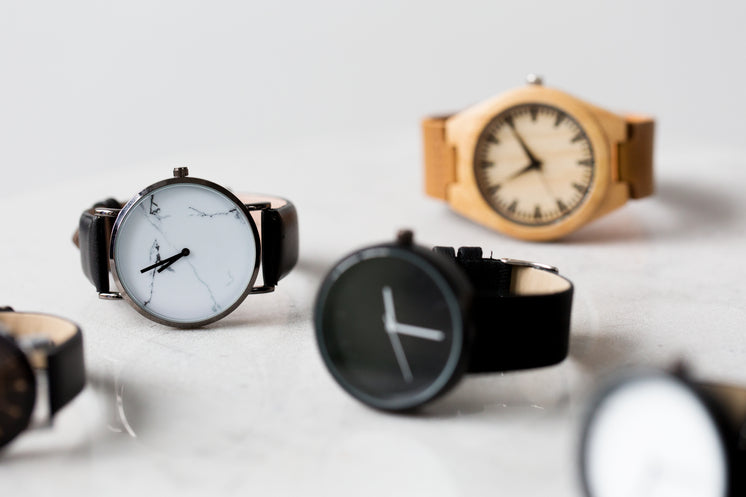This Contains Retaining The Watch Clean

Counterfeiting and the sale of replica items have long been a concern for luxury manufacturers, with Rolex among probably the most counterfeited brands on the earth. Not too long ago, a man was arrested for promoting replica Rolex watches in a excessive-profile case that has raised questions about the legal implications of selling counterfeit items. In this text, we'll discover the legal guidelines surrounding the sale of counterfeit items, the potential consequences of engaging in such actions, and the broader influence of counterfeiting on the financial system.
The sale of counterfeit goods is a severe offense that can carry severe legal consequences. In the case of the man arrested for promoting best replica watch Rolex watches, he was charged with trademark infringement, a violation of mental property laws that protect the rights of model homeowners. Trademark infringement occurs when somebody uses a trademark without authorization, in this case, by promoting watches that bear the Rolex brand without permission from the company. This kind of infringement can result in civil lawsuits, monetary damages, and even criminal prices.
In addition to trademark infringement, the sale of counterfeit items also can violate laws associated to fraud and misleading commerce practices. Shoppers who buy replica Rolex watches may consider they are buying authentic luxury timepieces, only to discover later that they've been deceived. This can lead to legal motion towards the vendor for fraud, in addition to claims for damages by customers who have been misled. The sale of counterfeit items may harm the repute of the model, resulting in lost income and damage to the company's goodwill.
Counterfeiting just isn't only a authorized issue but also a major financial downside. The worldwide trade in counterfeit goods is estimated to be price billions of dollars every year, with luxury manufacturers like Rolex amongst essentially the most focused by counterfeiters. The sale of replica Rolex watches not only impacts the corporate's backside line but in addition undermines consumer confidence in the authenticity of their merchandise. This could have long-time period penalties for the brand, as shoppers could also be much less willing to purchase real Rolex watches if they are cautious of counterfeit versions being bought in the market.
In recent years, governments around the world have taken steps to fight counterfeiting and protect the rights of model owners. In the United States, for example, the Division of Homeland Security's Mental Property Rights (IPR) Enforcement Middle works to implement intellectual property laws and crack down on the sale of counterfeit items. This consists of conducting raids on counterfeiters, seizing counterfeit merchandise, and prosecuting individuals and organizations engaged in unlawful activities.
Regardless of these efforts, the sale of counterfeit items continues to be a pervasive drawback, fueled by the demand for luxurious products at lower costs. On-line marketplaces and social media platforms have made it simpler than ever for counterfeiters to achieve a wide viewers and promote their faux goods to unsuspecting customers. This has posed a problem for legislation enforcement companies and model house owners alike, who must keep vigilant in defending their intellectual property rights and combating counterfeiting.
In conclusion, the arrest of the man for promoting replica Rolex watches highlights the authorized risks and financial consequences of partaking within the sale of counterfeit items. Trademark infringement, fraud, and misleading trade practices are simply a number of the legal issues that may come up from selling faux luxurious products. Moreover, the broader impression of counterfeiting on the financial system and client confidence can't be overlooked. As authorities proceed to crackdown on counterfeiters and implement mental property legal guidelines, it is important for companies and customers alike to be knowledgeable in regards to the dangers of purchasing counterfeit items and to assist legitimate businesses that respect intellectual property rights.
